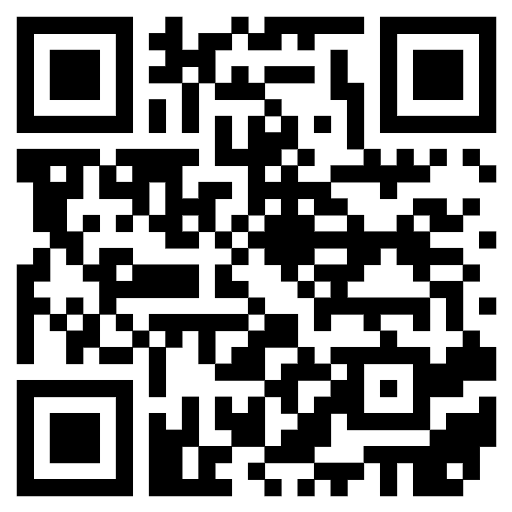Traditional Chinese Medicine Constitution (TCMC) is essential to reflect an individual’s body-mind and health. Understanding TCMCs and their influencing factors would benefit the individual’s health and disease prevention. Our previous cross-sectional studies have found the characteristics of TCMCs and related influencing factors simultaneously. However, longitudinal data on the development of characteristics of TCMC constitutions over time is limited. This follow-up study attempted to investigate the changes in characteristics of TCMCs and explore the factors influencing the development of individual TCMC types at baseline and follow-up. We conducted a follow-up survey of Chinese women in Hong Kong to compare the characteristics of TCMCs and their factors at baseline with a 4-year interval. Of 81.5% among 249 participants were diagnosed with unbalanced TCMCs. Most of the constitutions were significantly increasing. Stepwise logistic analysis indicated that poorer health conditions (OR=1.37-2.56), negative effect on body-mind health (OR, 2.70-4.06), and negative emotion (OR, 2.57) were positively correlated with certain unbalanced TCMCs. Aging (OR, 0.91-0.93), regular exercise (OR=0.71), usage of TCM habits (OR=0.12), and menopause (OR, 0.37-0.39) showed inverse correlations with certain unbalanced constitutions. Based on the findings, we concluded that diverse factors could unbalance TCMC. At the same time, regular exercise and habit of regular usage of TCM might be potential protectors to regulate the normal constitution.
